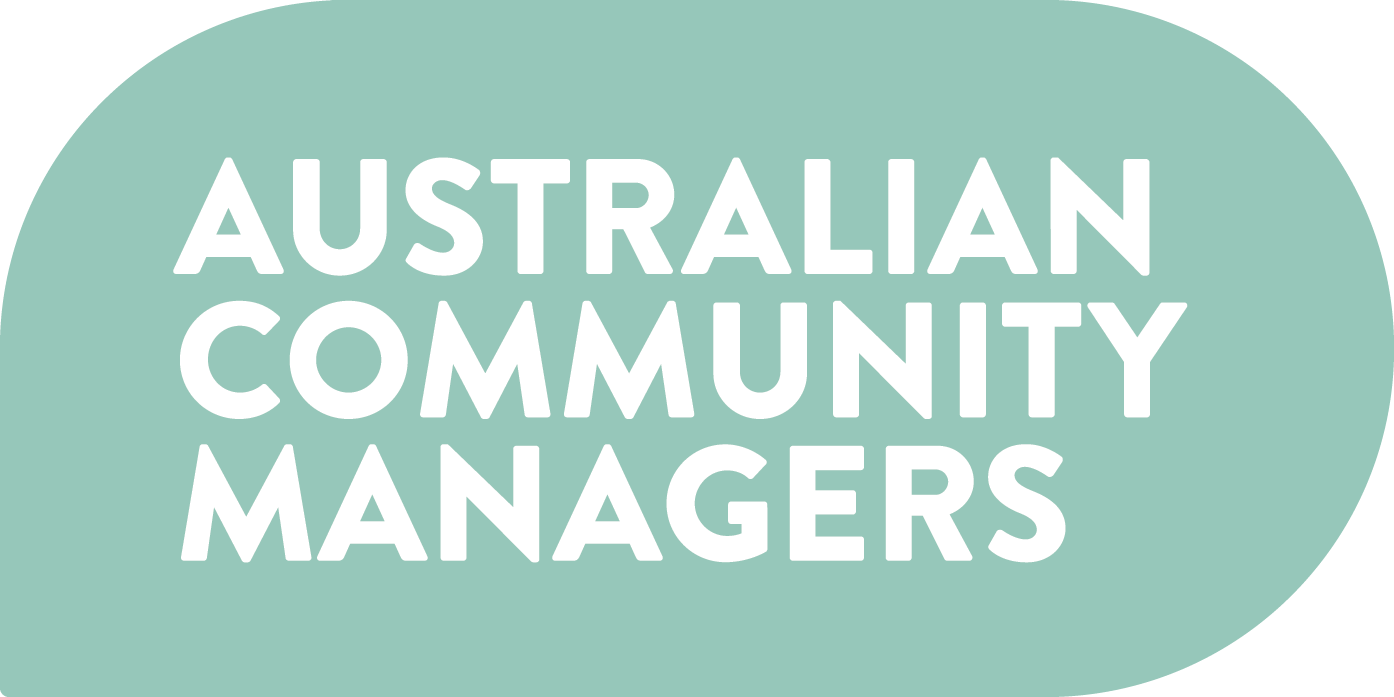Community governance that works: lessons across the decades
At All Things in Moderation (ATIM) 2024, two titans of online community shared what they've learned from decades on the frontlines of community management, moderation and trust-building: Rebecca Newton and Lynn Snyder.
With more than half a century of combined experience across platforms like AOL, Habbo Hotel, LEGO Universe, Moshi Monsters, and PopJam, Newton and Snyder have seen the best and worst of online communities, and know what makes them tick.
Rebecca Newton and Lynn Snyder shared their insights at the 2024 All Things In Moderation Conference - an ACM global initiative supporting humans who moderate.
Who they are
Rebecca Newton has been shaping online communities and their governance since the 1980s, starting with internet precursors at the US Department of Defense before becoming a moderation leader at AOL and later guiding governance models for youth-focused spaces like Habbo, Moshi Monsters and Epic Games. Lynn Snyder has a background in anthropology, and has used this to power moderation and community work for Super Awesome and major digital youth platforms.
Together, they’ve managed billions of user interactions, led the creation of pioneering moderation tools, and helped define ethical governance in kid-safe online environments.
What makes community governance work?
1. Set the tone early - and revisit it often
“Start with intention, not just policies,” Newton urged. “The tone of your governance needs to be baked in from the start—and adaptable as the community evolves.”
Moderation policies should match the values and expectations of your specific audience. Whether you're managing children’s play spaces or politically active forums, one size does not fit all. Newton and Snyder emphasised the importance of setting community norms early and making them visible through consistent action—not just rule pages.
2. Governance is a Feedback Loop, Not a Set-and-Forget Policy
Their governance model is circular, not linear. As Snyder explained: “Evaluate the community’s needs → implement policy → gather internal and external feedback → adapt the model.” This adaptive approach keeps governance responsive and rooted in real-world user behaviour, not abstract ideals.
Tools, too, must follow this loop. The duo spent years co-developing moderation tools like Community Sift alongside developers and frontline moderators, feeding live data and community insights into system design. The lesson? Make your systems as iterative as your policies.
Case Studies
What worked
Habbo Hotel – Deep localisation and attention to cultural nuance helped Habbo thrive across 150 countries.
Moshi Monsters & PopJam – Governance models were built before launch. Moderation was thoughtful and proactive, with simple but powerful rules (e.g. “Don’t screw up”).
Co-design of tools – Newton and Snyder gave community and moderation team members 25% of staff time for years to co-develop better moderation tools. The result was robust, mission-aligned tech shaped by actual user and moderator needs.
What didn’t
Virtual Magic Kingdom (Disney) – Rigid legal oversight led to oppressive controls that stifled culture; e.g. usernames couldn’t include ‘Minnie Mouse,’ and communication was restricted to drop-down menus. The result? Kids invented their own language and subverted the overreach.
LEGO Universe – Well intentioned, but overprotective governance made meaningful user interaction almost impossible. A vivid example of brand anxiety overriding community health.
AOL – A leadership increasingly disconnected from product use, insufficient respect for volunteers, and governance decisions that became misaligned with community realities.
Practical advice for builders & policymakers
Build with, not for
Newton’s biggest pro-tip? Never design a community without your governance team in the room - and without including your users or members in meaningful ways. Whether it’s moderators, trust and safety leads, or ethical designers, bring them in before launch. As Snyder added, “The more smart people you involve early, the better your system will scale. And don’t forget your actual users. Are you being honest about their needs and wants?”
Don’t let policy drift
As teams grow and change, so do unwritten rules. “Policy drift” occurs when moderators or community staff quietly tweak enforcement without documentation or alignment. The solution? Regular reviews, open communication, and training across teams.
Automation ≠ governance
While automated tools are tempting, they’re not a panacea. “It’s like buying a synthesiser with 75 features and only using one,” Newton joked. Instead of chasing shiny tools, focus on what your community actually needs, and make sure humans stay in the loop. Tools should always come after your purpose and your people.
“Good governance creates healthy and thriving communities. And healthy communities create better platforms, better products, and better people.”
10 key takeaways
No one-size-fits-all governance model exists.
Set tone early - and revisit it often.
Policy drift is real - maintain regular communication and documentation.
Integrate T&S early in product development.
In-house moderation management is powerful, even if you outsource execution.
Due diligence is critical when choosing vendors or tools.
Prioritise human moderators - they understand nuance machines can’t.
Let people learn by doing, but document improvements.
Good governance attracts good people - and vice versa.
Your colleagues and organisations are communities too - treat them with the same care.
Looking ahead
The talk closed on a note of urgency. AI, deepfakes, and immersive virtual spaces are already complicating moderation. Newton warned: “You’ll need human staff visibly present. We’re not done needing humans. AI is only as smart as we are, and just as compromised. Human verification and authenticity will become more essential, and more complex, than ever.”
If you're building an online or hybrid community, the wisdom from Newton and Snyder isn't just history, it's a blueprint.


